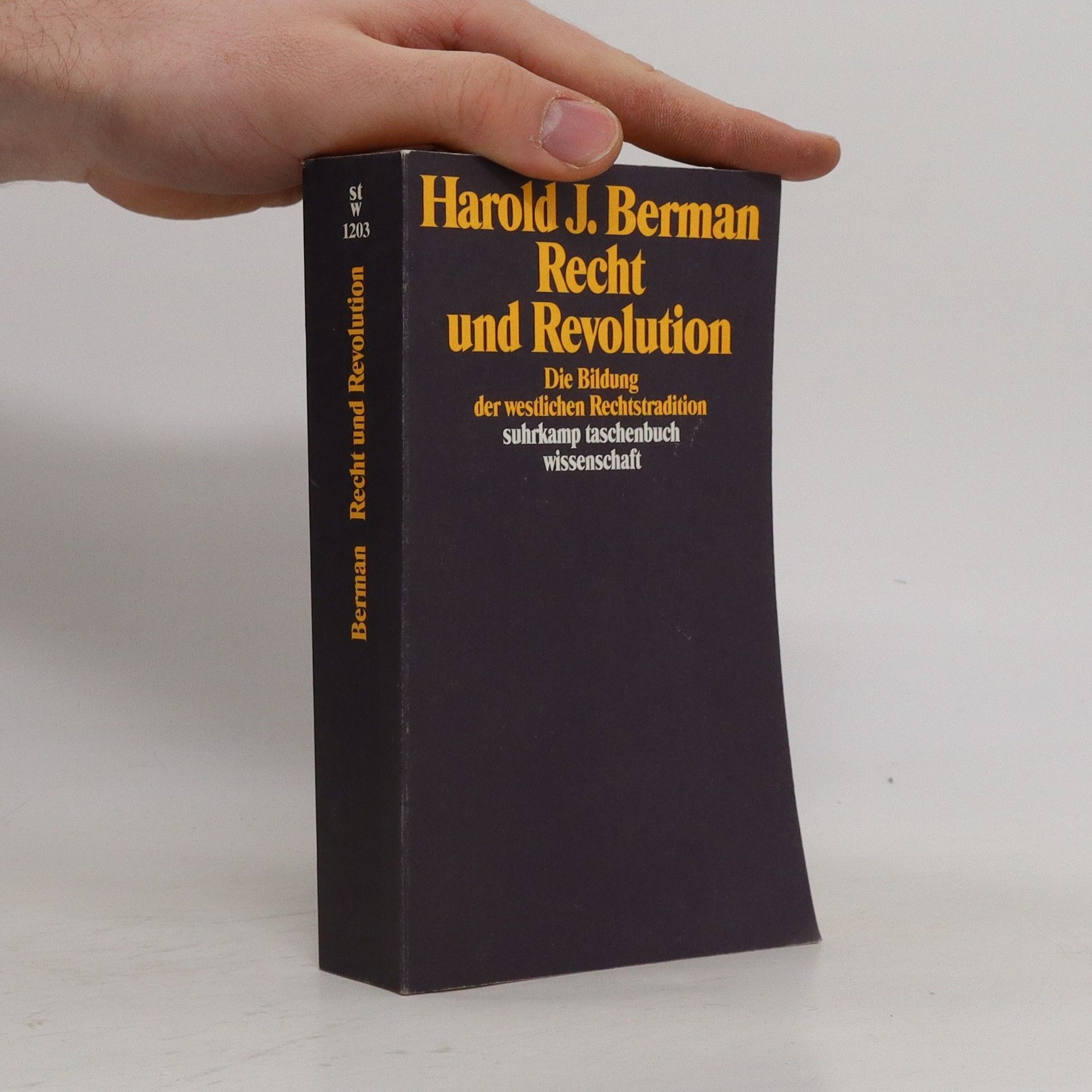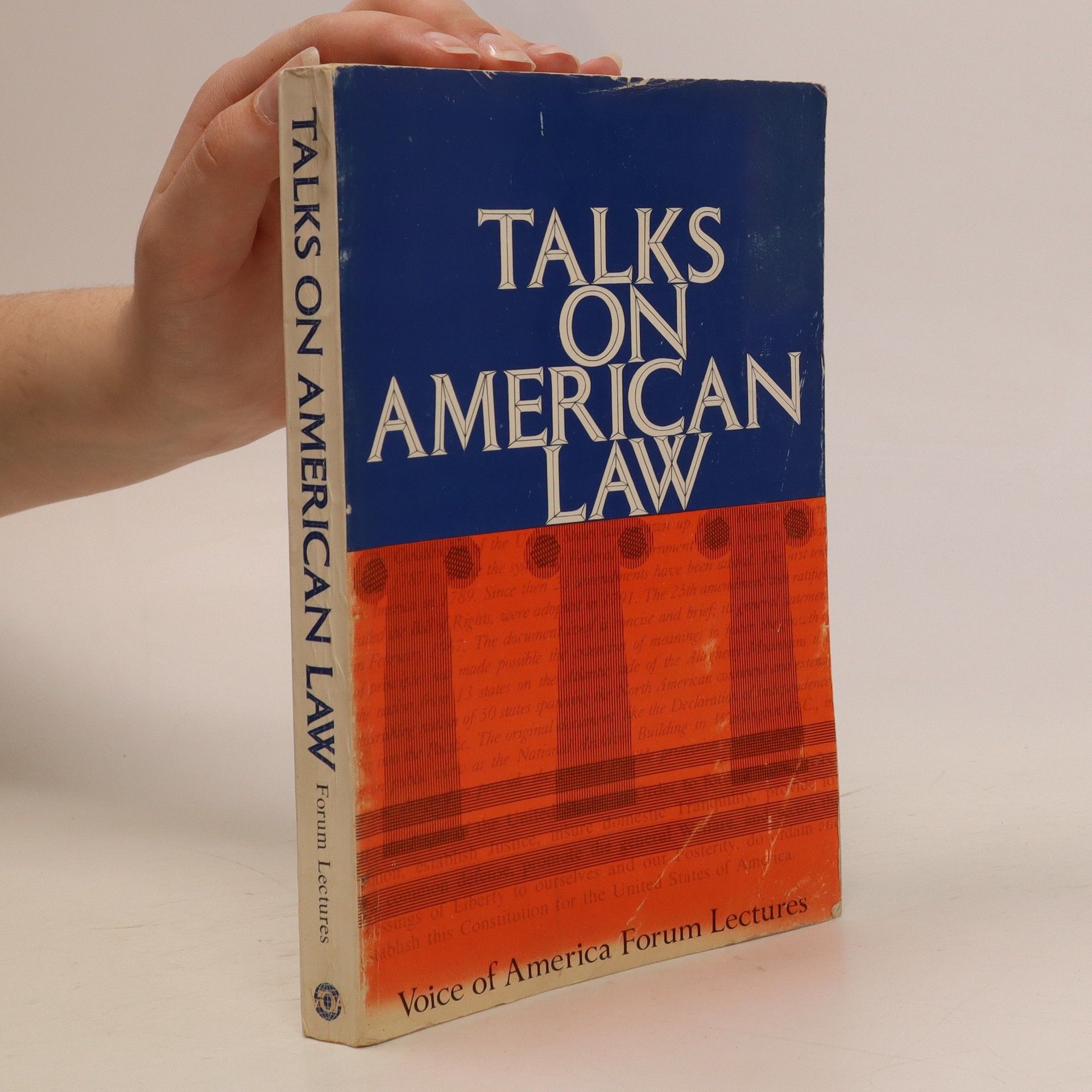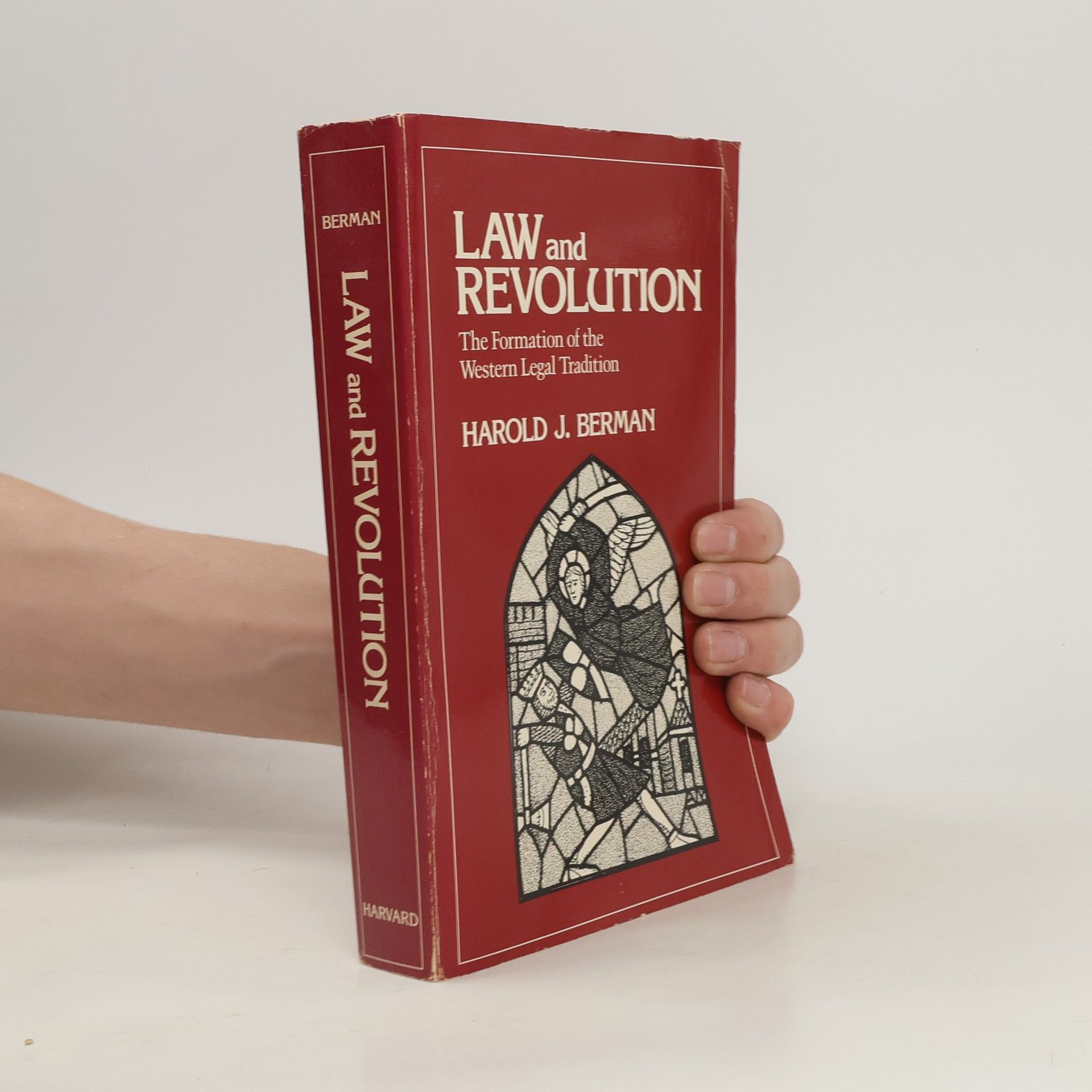The roots of modern Western legal institutions and concepts go back nine centuries to the papal revolution, when the Western church established its political and legal unity and its independence from emperors, kings, and feudal lords. Out of this upheaval came the Western idea of integrated legal systems developed over generations and centuries.
Harold Joseph Berman Boeken
Harold J. Berman was meer dan zestig jaar Ames hoogleraar Recht aan de Harvard Law School en Emory University. Hij was een expert op het gebied van vergelijkend, internationaal en Russisch recht, evenals rechtsgeschiedenis en -filosofie, en de intersectie van recht en religie. Zijn uitgebreide kennis en diepe contemplatie van de aard van recht hebben een onuitwisbare stempel gedrukt op het juridisch denken.




Solzhenitsyn at Harvard
The Address, Twelve Early Responses, Six Later Reflections
- 143bladzijden
- 6 uur lezen
When Aleksandr Solzhenitsyn gave the commencement address at Harvard University in 1978, many Americans expected to hear their country praised by this celebrated refugee from a totalitarian state. Instead they heard some sharply critical views of their legal system, their press, their popular culture, and even their national will. The forthright and controversial speech makes up Part One of this book. A sampling of the avalanche of comment that followed it is included in Part Two. In Part Three, six thoughtful scholars reflect on the ideas and judgments expressed by the great Russian writer.